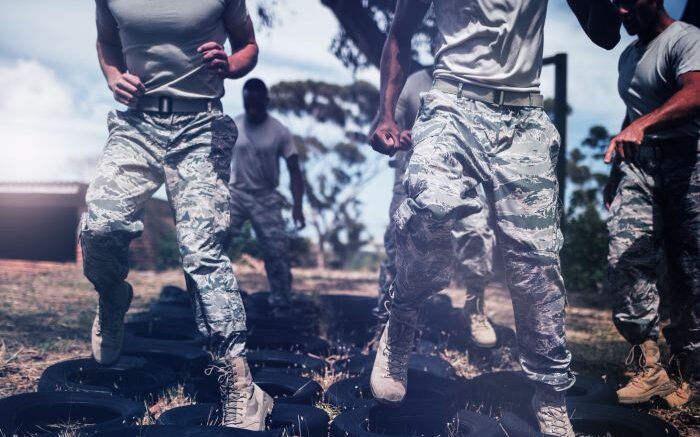In a study of U.S. military active-duty service members, approximately one-third of people who contracted COVID-19 reported new or increased difficulty with exercise and daily activities one month after their diagnosis, which resolved to pre-COVID levels by six to nine months after illness, according to research presented at IDWeek.
Researchers also found that, among active-duty members, 39% of those who were infected with SARS-CoV-2 reported that their service-mandated physical fitness test scores were affected, and 34% still reported that their physical fitness test scores were affected one year after infection. These rates were higher than a comparator group of active-duty members without COVID-19 (26%).
“Contracting COVID-19 can have a negative impact on functioning — including carrying out daily activities and exercising,” said Stephanie Richard, PhD, MHS, presenting author from the Infectious Disease Clinical Research Program at the Uniformed Services University of the Health Sciences and epidemiologist for the Henry M. Jackson Foundation for the Advancement of Military Medicine Inc. (HJF). “Even in a younger, generally healthier population like the U.S. military, COVID-19’s effects can persist for months and months.”
Subjects completed survey fitness questions at intervals of one, three, six, nine and 12 months after being enrolled with COVID-19. The study compared these responses between those with and without COVID-19. The study also looked at factors associated with higher or lower risk for developing these persistent post-COVID, self-reported fitness complications; the data showed that being vaccinated had a protective effect.
“Vaccinated individuals, even if they had breakthrough infections, did not experience as much of a long-term effect on exercise and daily activities,” said Simon Pollett, MBBS, who is the senior author, study principal investigator and acute respiratory infections research area director at the Infectious Disease Clinical Research Program at the Uniformed Services University of the Health Sciences, and employed by HJF. “These results underscore the value of vaccination, not just for preventing death and disease but for preserving long-term quality of life.”
Future research in this study will look at whether COVID-19 vaccine boosters offer further protection from longer-term fitness complications, as well as identifying biomarkers which may help predict which active-duty members are more likely to develop so-called ‘long COVID.’
